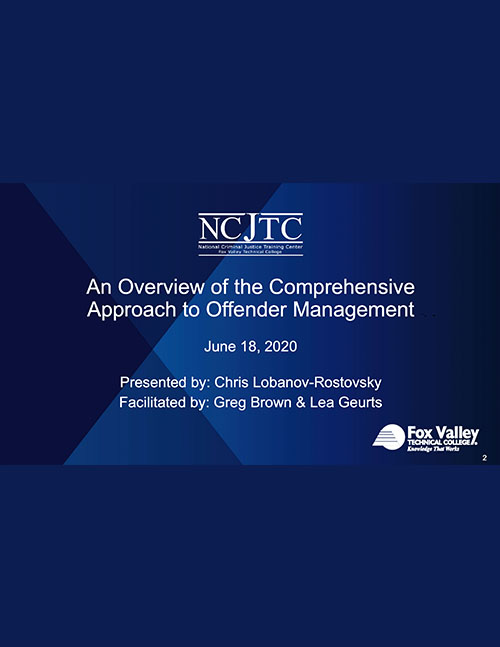


We are excited to share our FIRST edition of 2026 for the NCJTC Compass Newsletter! This issue celebrates AMBER Alert Awareness Day and the newest edition of the AMBER Advocate magazine. Dive into recaps of our Solving Crimes Through Emerging Tech conference, our time in San Diego and much more.

We are excited to share our final Compass edition of the 2025! Inside you'll find a look back at the year and what is to come in 2026. As we close out the year, we are grateful for the professionals, partners, and communities who made this year meaningful. Together, we strengthened skills, shared knowledge, and advanced public safety through collaboration and training. Thank you for being part of NCJTC’s mission. We look forward to continuing this important work with you in the year ahead.

We’re proud to share the NCJTC 2024 Annual Impact Report with you - a reflection of the critical work we’ve accomplished together. Read it today!

Read our NCJTC Impact Report for 2024 highlights and more!

NCJTC Training and Technical Assistance Catalog. For a printable version of the catalog, visit ncjtc.org/catalogprint. Revised: September 2025

NCJTC Training and Technical Assistance Catalog. For the online version of the catalog, visit ncjtc.org/catalog. Revised: September 2025

Celebrating Native American Heritage Month - 2025 resource

A Comprehensive Approach to Offender Management - 508 Compliant

Motivational Interviewing is a style of interaction that is client-driven and supports individuals in the healing and change process. There is significant research in the health, education and criminal justice fields that supports the use of motivational interviewing in addressing the needs of victim/survivors and offenders, providing support and helping to facilitate change. Motivational Interviewing (MI) is a trauma-informed interviewing/interacting technique that focuses on creating supportive, meaningful and strategic conversations. This advanced training will provide the context of evidence-based practices on how to have these conversations and will leave you with practical skills to engage in short and effective conversations to initiate, or facilitate, the process of behavior-change and effective support. This training will focus on change talk, working with resistance, and exploring and resolving ambivalence.

This webinar focuses on the critical role of assessing risk and need within the criminal justice system. Participants will explore various assessment tools and methodologies used to evaluate the likelihood of reoffending and identify the specific needs of individuals. By understanding and applying these assessments, professionals can develop more effective intervention strategies and tailor interventions to reduce recidivism and enhance public safety.
